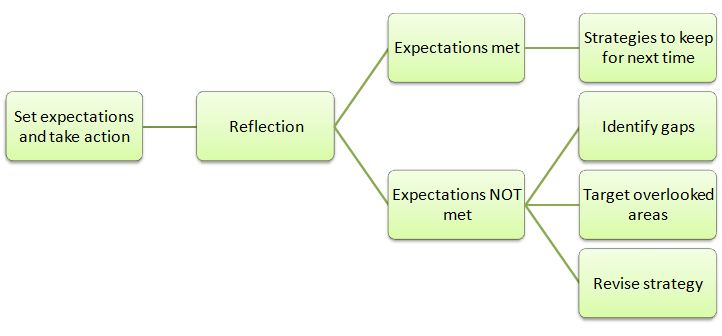School Administrators: Leadership or Management?
A recent meeting approached the topic of leadership in schools. In that conversation, a wise participant shared his thoughts about the difference between leadership and management. He also acknowledged that need for administrators to lead and manage schools. Based on my studies, research, and practice, I would completely agree that there is a difference between leading and managing - and that effective school administrators do both. Here are some more of my thoughts on the topic. The culture and environment surrounding education is going through a dynamic adjustment. Schools face pressures and competition from places that didn't exist 10 years ago. It is not going to ever go back to what it "used to be" so schools need leaders who understand change. As a mission that says everything actually says nothing, a vision without specifics cannot possibly inspire anyone to move forward. The uncertain nature of where education is heading needs leaders who can thoughtf
